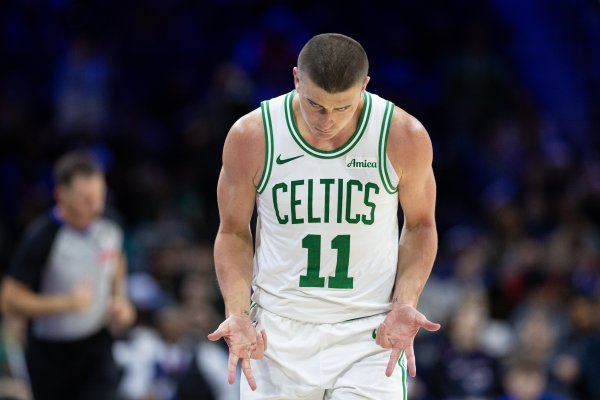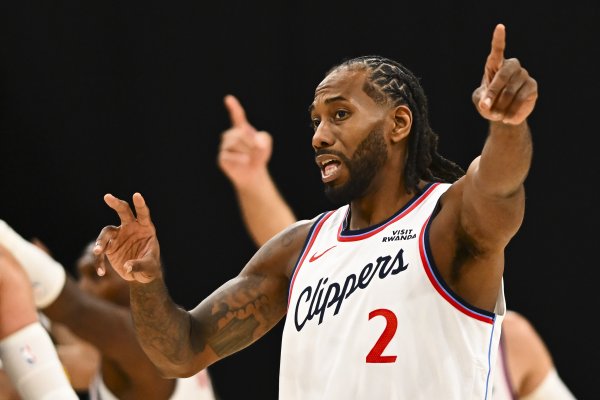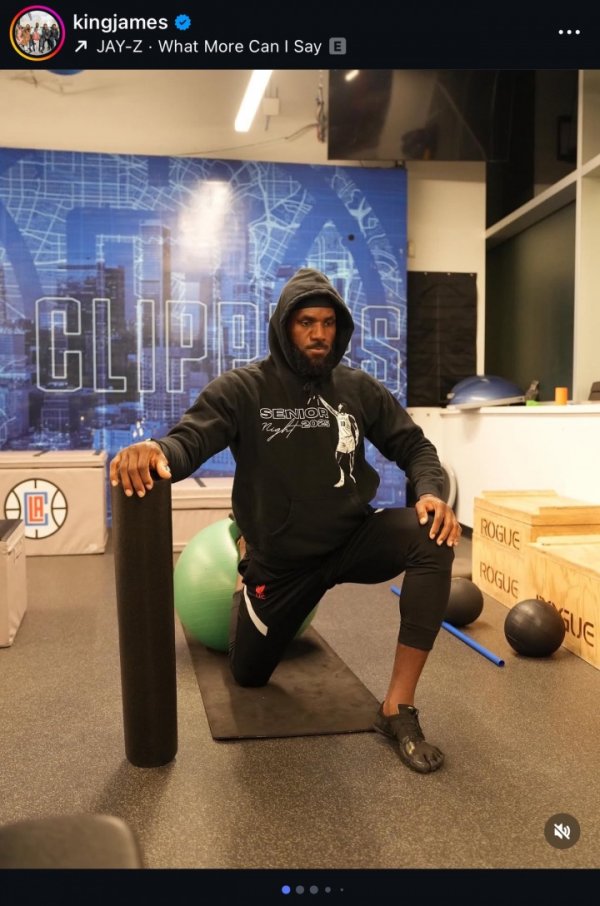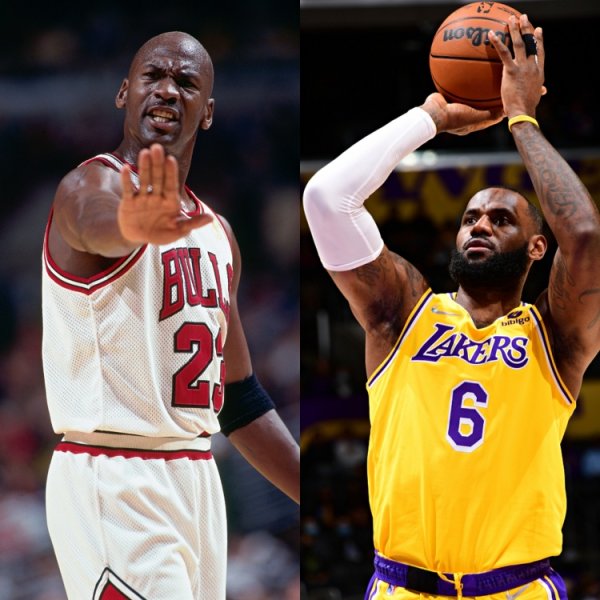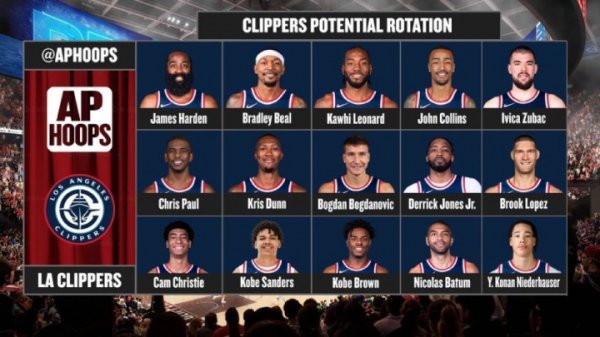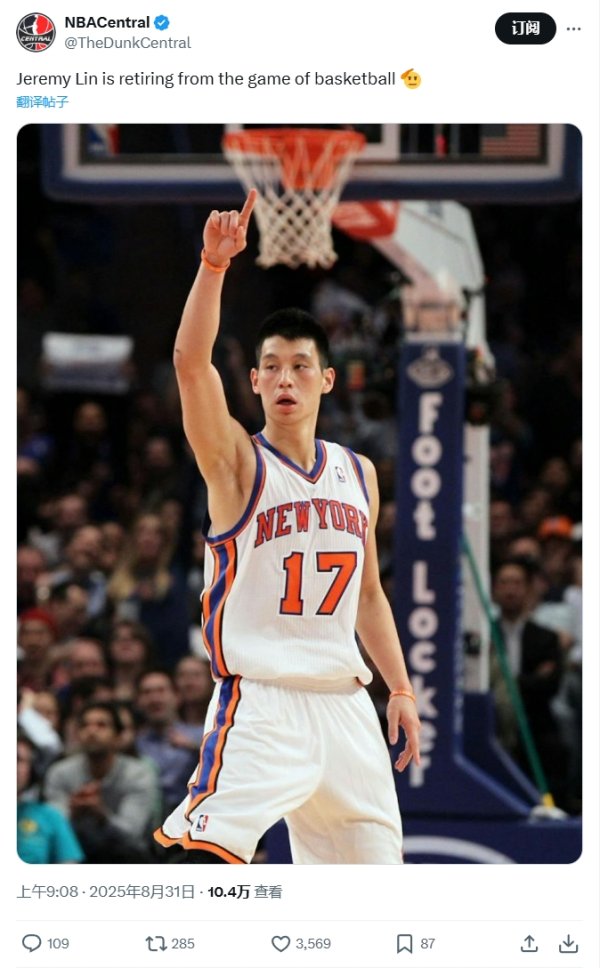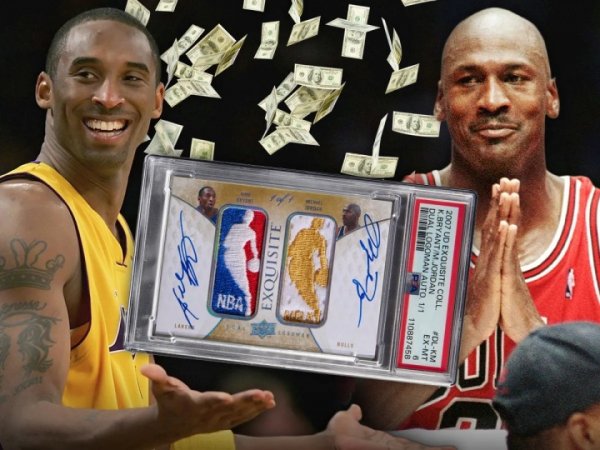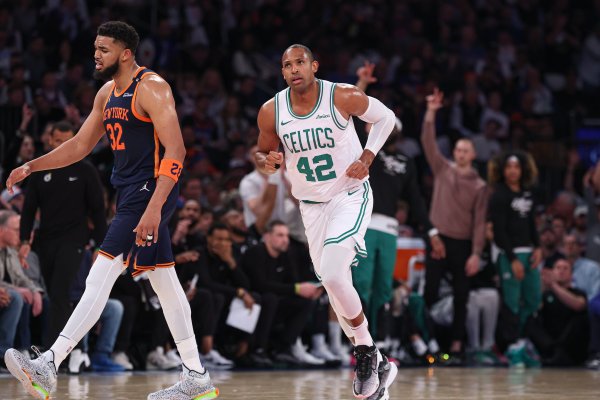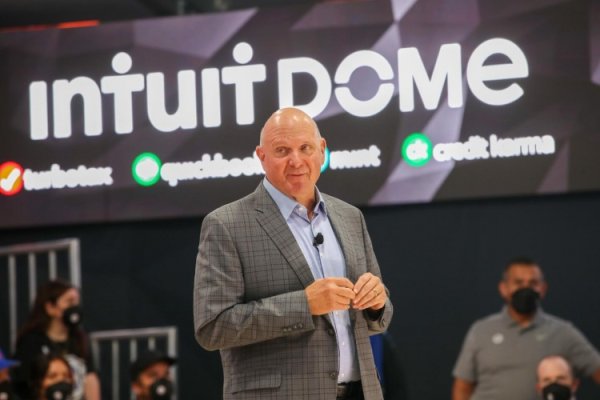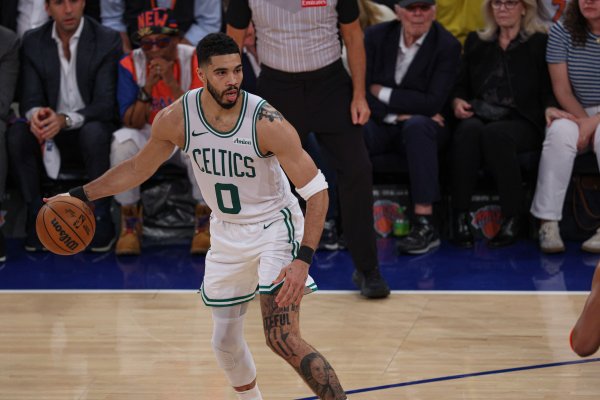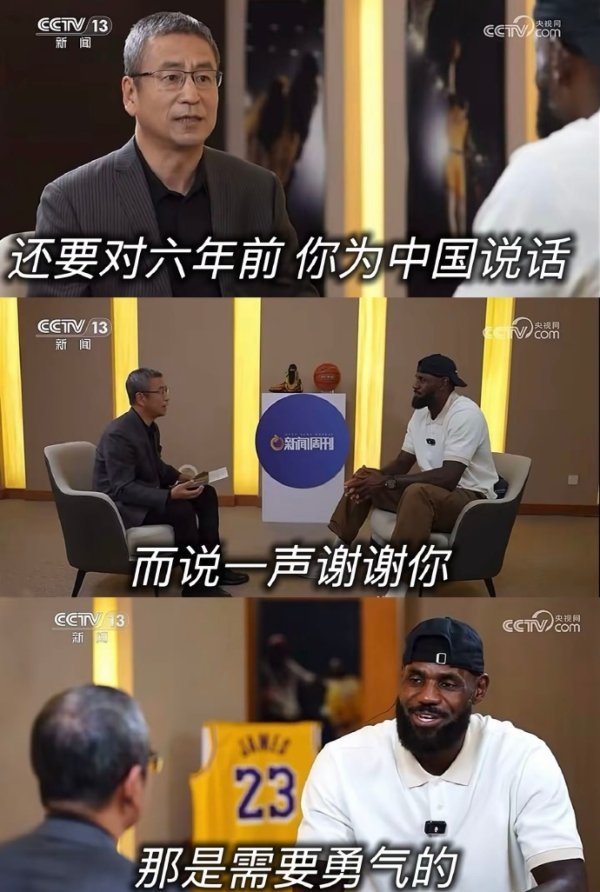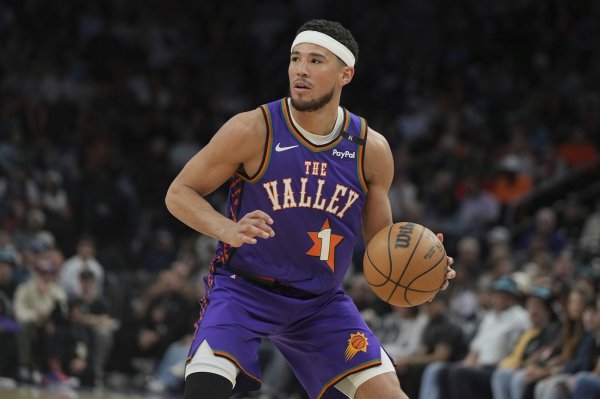A 45 million contract or a qualification quotation? The game between Kumingga and the Warriors is in the countdown
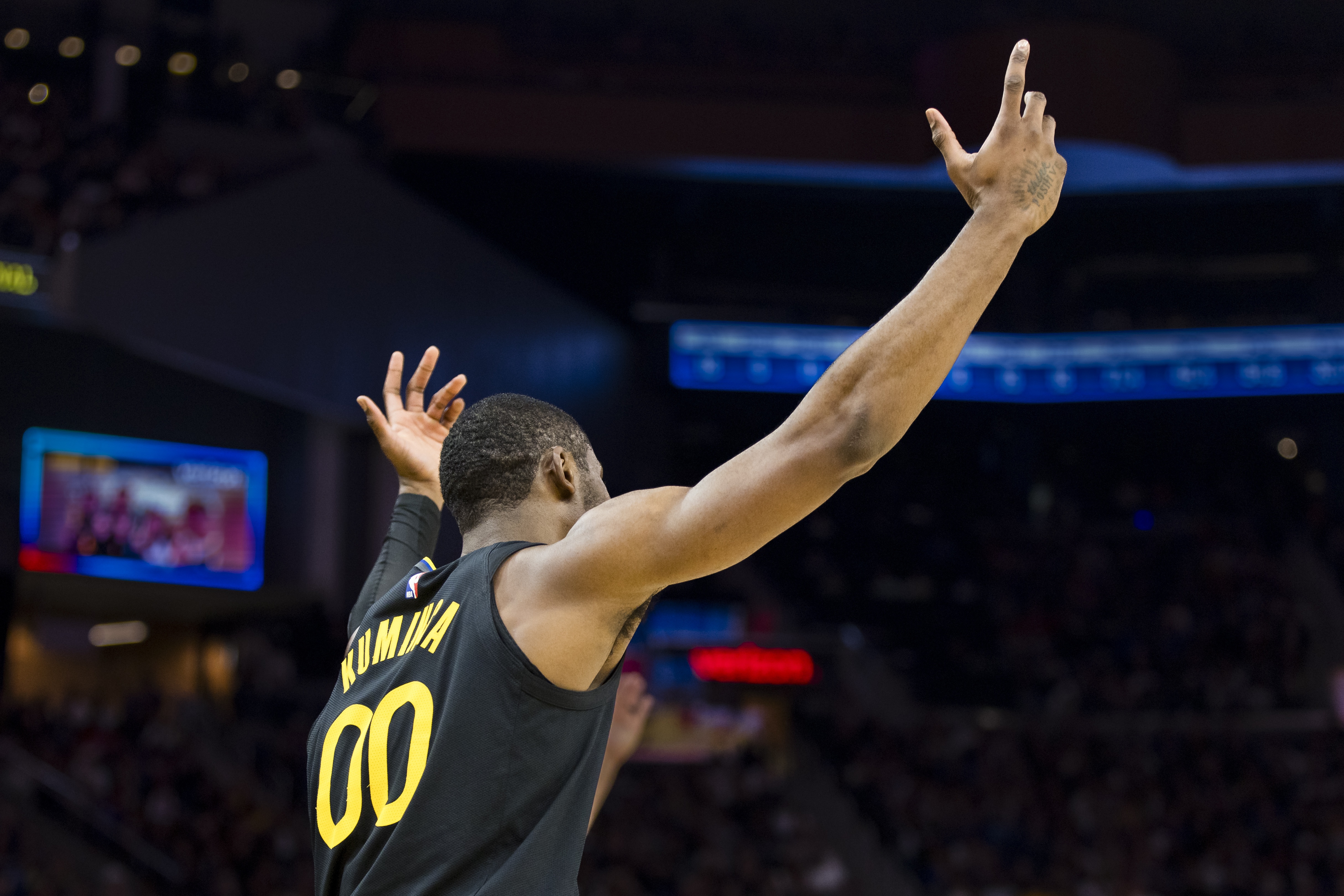
Translator's note: The original text was published in the San Francisco Chronicle. The data in the article are as of the time of publication (September 3 local time). The date and time involved are all local time
. Perhaps the deadline will determine the final result of the signing.
As the Warriors' qualification offer to restricted free agent Jonathan Cumingga is about to expire on October 1, the deadlock between the two sides continues.
During negotiations with Kuminga, other potential free agent agreements have not been formally finalized on the contract, and the Warriors currently have only one nine-man roster. Training camp will start on September 29, and the preseason opening will be on October 5.
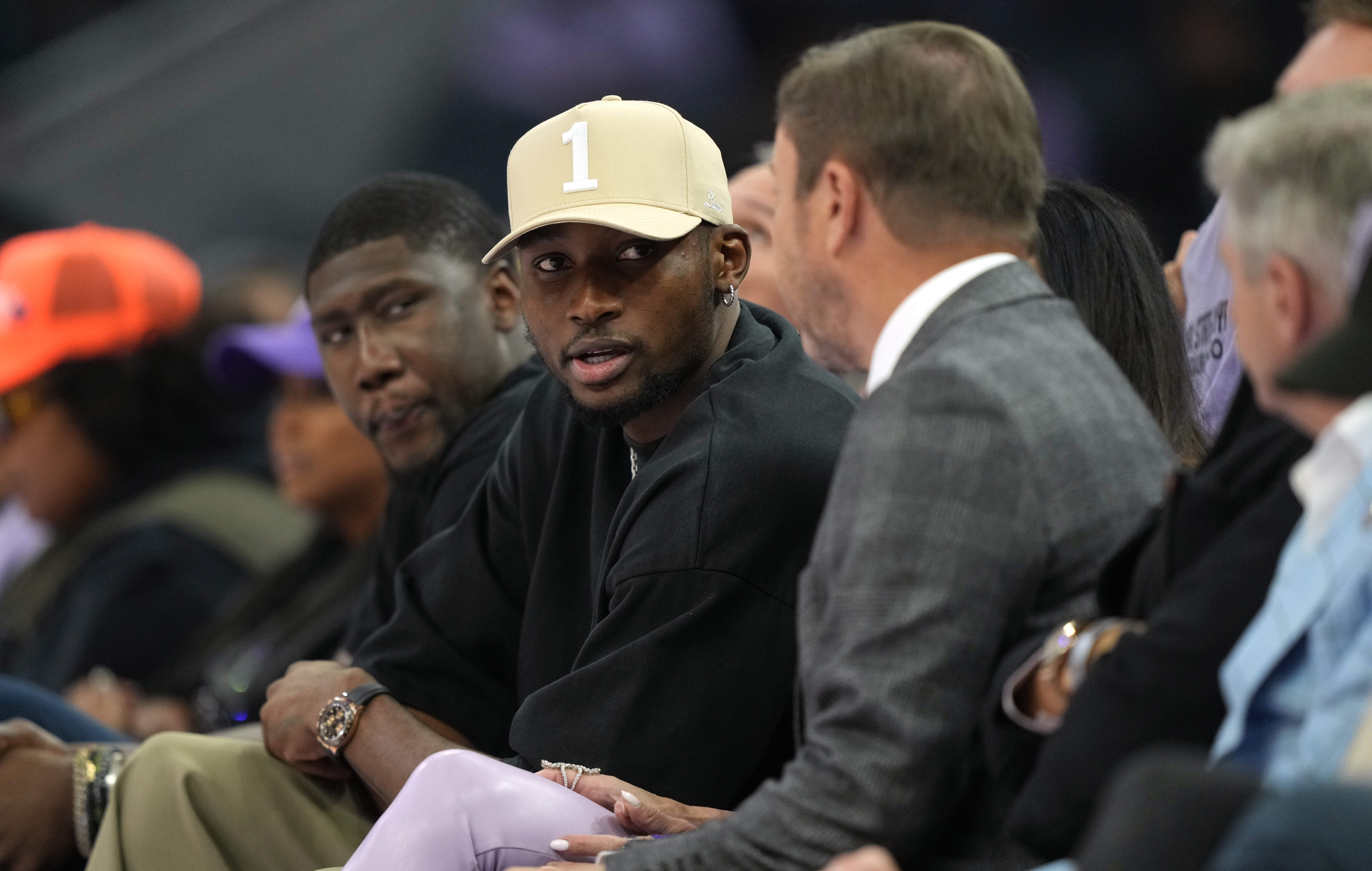
This raises a question: Should I compromise or accept qualification quotes? The two-year $45 million offer offered by the Warriors – including the 2026-27 team options – reflects the four-year but imperfect partnership, during which Kumingga’s role has not yet stabilized or consolidated. As a starter, a substitute, a strong impact breakthrough, a shooter and a playmaker who feels good and bad, he fell out of the rotation at the beginning of the Western Conference playoffs. The $7.9 million qualification offer contains an implicit trade veto and guarantees Kumingga's right to become a full free agent next summer. As one of the most explosive wingers in the NBA and the Warriors' third scorer last season (averages 15.3 points per game, shooting 45.4% from the field and 30.5% from three points), Kumingga averaged 24.3 points per game in the last four games. In the Western Conference semi-finals against the Timberwolves, Stephen Curry was absent due to a strained left hamstring, while Kumingga tore the opponent's tightly organized defense line, shooting as high as 55.4%.
If their running-in continues to be bad, this biennial offer will allow Kumingga to maintain its value as the core of the Warriors' future potential trading. It also gave him a generous short-term reward and allowed him to become a free agent in 2027 - but it didn't have the control of his career he longed for.
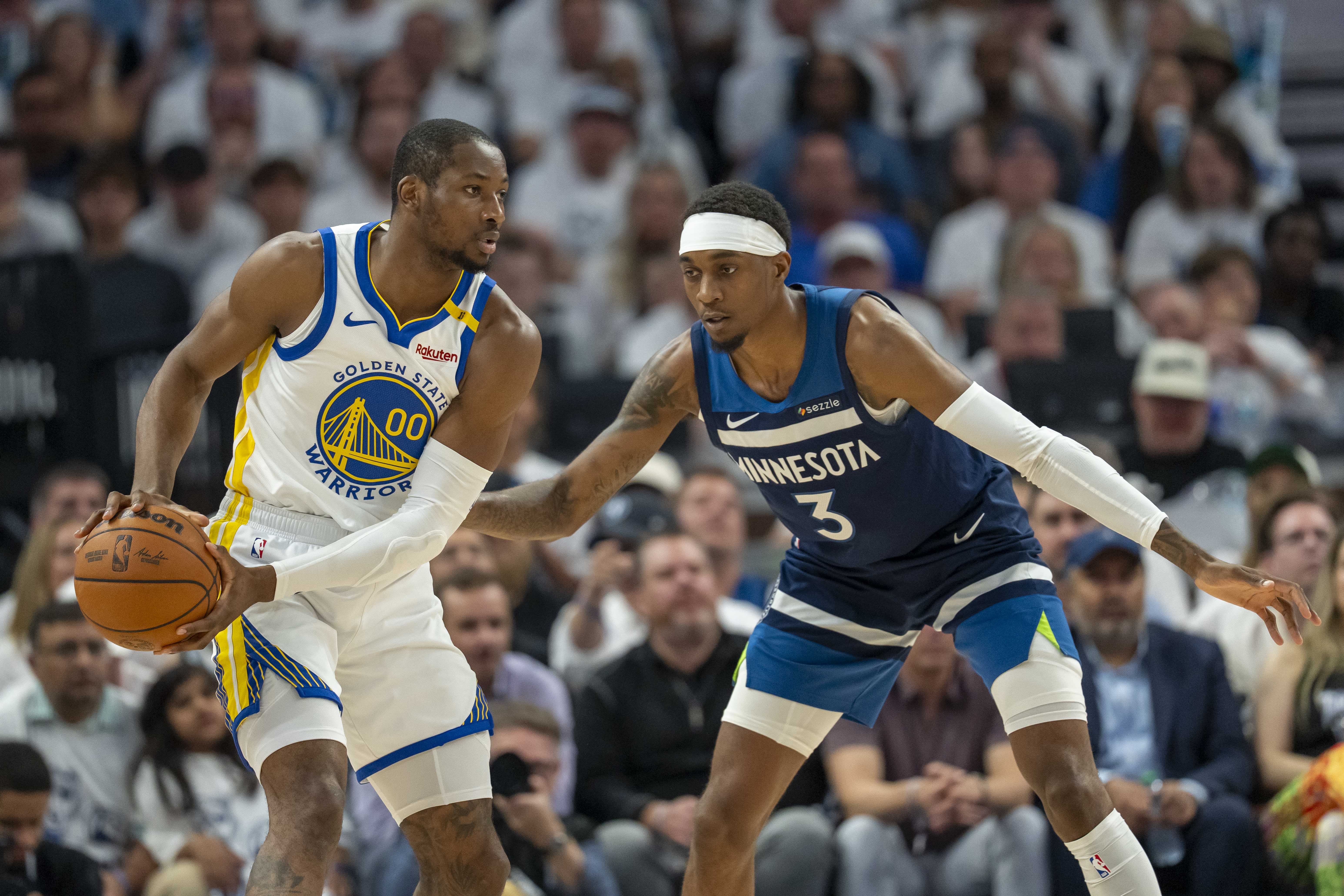
Instead, the qualification offer provides Kuminga with the opportunity to become a full free agent one year ahead of time and gives him the opportunity to find a next home that suits him and can play a core role through a more ideal contract. He will sacrifice a guaranteed salary this season while taking the risk of injury. But signing and then changing intentions from the Kings and Suns show that next summer, with his potential on both ends of the offense and defense, he will still have the market. (The Warriors stopped approaching trading quotes about Kuminga shortly after the Summer League.)
If Kuminga continues to reject the Warriors' offer, and if the Warriors are increasingly reluctant to risk him signing qualification quotes, they can increase the appeal of the offer by the deadline.
A two-year contract with player options (rather than team options) will allow the partnership to remain in the short term (as is the current offer), and the fact that he will be a free agent next summer will also give him the initiative in potential mid-season deals. Alternatively, a three-year contract with an average annual salary would reflect a significant commitment to Kumingga, his athleticism at a scarce position, unique to the Warriors' older roster (relative to other NBA teams).
Regardless of how Kumingga's restricted free agent status is resolved this month - perhaps when facing deadline pressure, he will agree to the current offer, thus ensuring that he gets nearly three times more cash than signing qualifications in the 2025-26 season - the vacancies on the Warriors' 15-man roster are ready to be left to veterans in the free market. Inside players Al Horford, defender D'Anthony Melton, defender Gary Payton II and defender Seth Curry have long been associated with the Warriors, and second-round rookie Will Richard may also sign a standard contract. The Warriors consolidated their core roster in February, with the deal getting star wing Jimmy Butler and aligned it with Curry and Draymond Green's contract expiration dates by signing a two-year early contract extension (until the 2026-27 season). The trio led the team to a 23-8 record, which pushed the Warriors into the playoffs and eliminated the Rockets in the first round. During this period, Kumingga returned from a serious right ankle sprain in March and served as a substitute. The signed role players include defenders Buddy Hilde, Brandin Podjemski and Moses Moody, forward Guy Santos and inside players Quinten Post and Teres Jackson Davis.
In the first game against the Timberwolves in the semi-finals, the Warriors were leading the opponent when Curry pulled his left hamstring in the first half. He spoke at the annual training camp in Menlo Park last month and despite uncertainty throughout the summer, he expressed confidence in the team's prospects for the 2025-26 season.
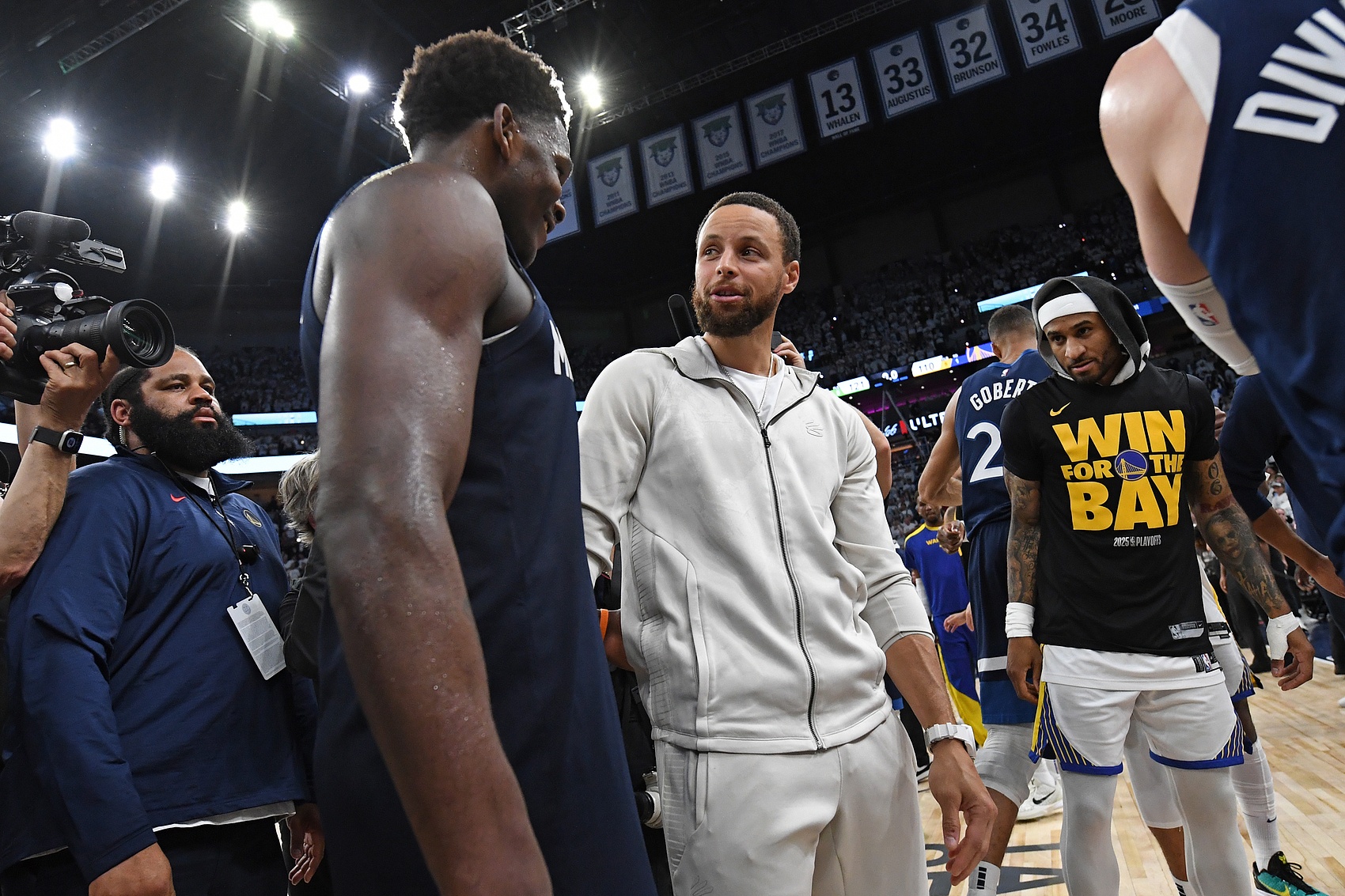
"My confidence comes from the team traits we successfully built last season's final third of the regular season and the playoff journey." said the four-time NBA champion. He affirmed that they had a "very good team" and also pointed out that "the right players are needed to help the team go to the next level."
The Warriors, who own Butler, ranked third in net efficiency during the regular season (9.2 points net win per 100 rounds) and first in defensive efficiency (109). They run the offense through Curry (a dynamic offensive principle based on reading the game and reacting) and Butler (single-only), while being supplemented by Green as the backbone, cohesive defensive system.. The playoffs confirmed that they need to supplement their shooting ability, size and ball-holding defense through internal development (Kuminga, Pojemsky, Moody, Jackson Davis, Post and Santos are all 25 years old or under), draft and free markets. Horford, 6-foot-9 inches (about 2.06 meters), has hit 40.9% of the Celtics' three-point shooting percentage in the past three seasons. He has championship resume and 197 playoff experience, and is also a solid screener, passer and defender – both inside and in certain situations.
Melton, a 6-foot-3 (about 1.91m) defender, signed a one-year contract with the Warriors as a free agent last summer but suffered a torn ACL in November. A tough ball-holder and career three-point shooting percentage of 36.9%, he can handle the ball and attack the shrinking defense despite suffering from injuries over the past two seasons.
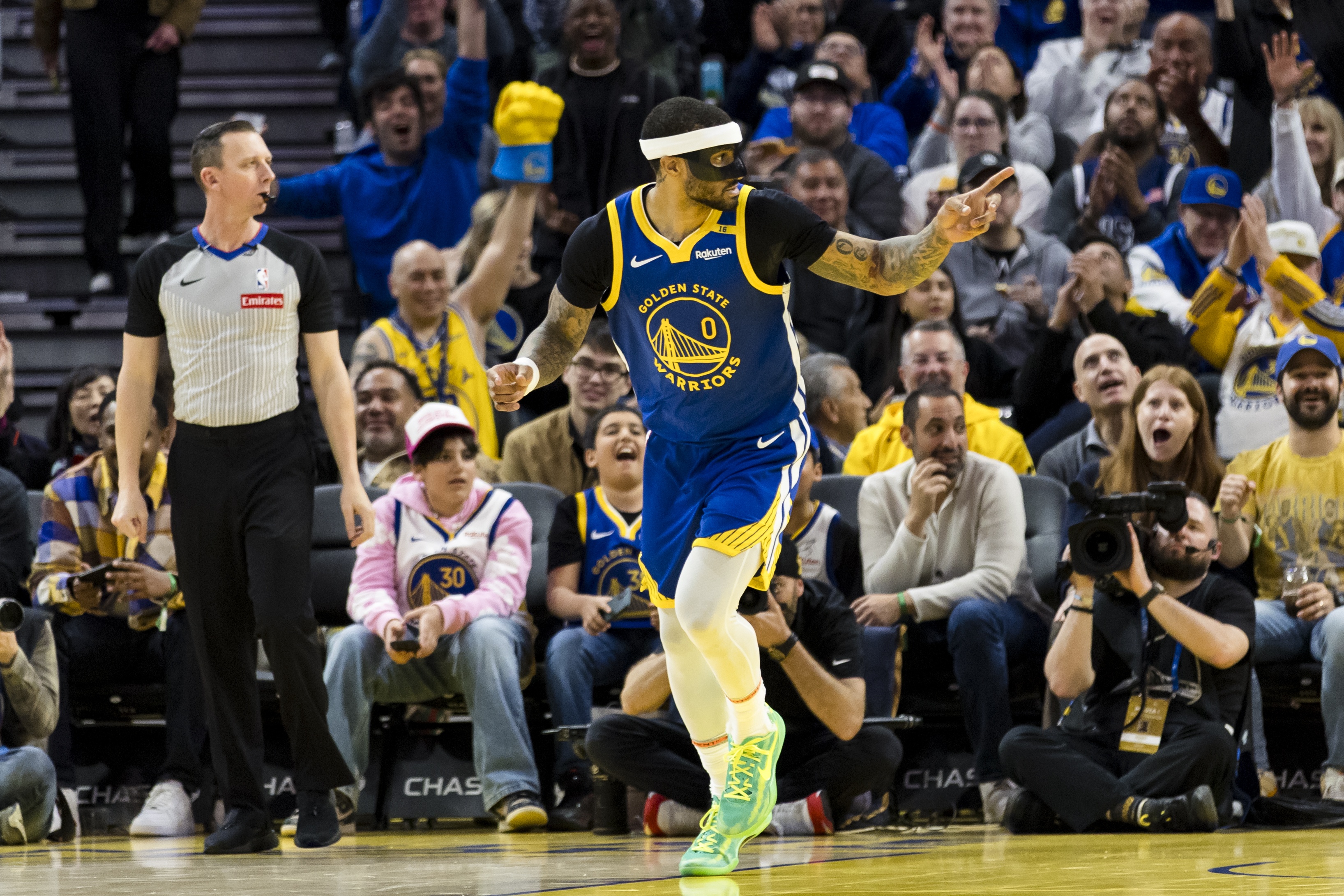
Payton has played for the Warriors over the past two seasons. The 6-foot-2-inch (about 1.88 meters), 32-year-old and most of the backup guard averaged 15.2 minutes per game, and is a key ball-holder, screener and empty cutter.
35-year-old Seth Curry is Stephen's younger brother, who shot 45.6% of the league's best three-point shooting percentage in the Hornets last season. In addition, his career three-point shooting percentage is as high as 43.3%.
6-foot-4 (about 1.93 meters) rookie guard Richard is 22 years old. From the University of Florida, he showed his ability to defend and tandem offense in the NBA Summer League.
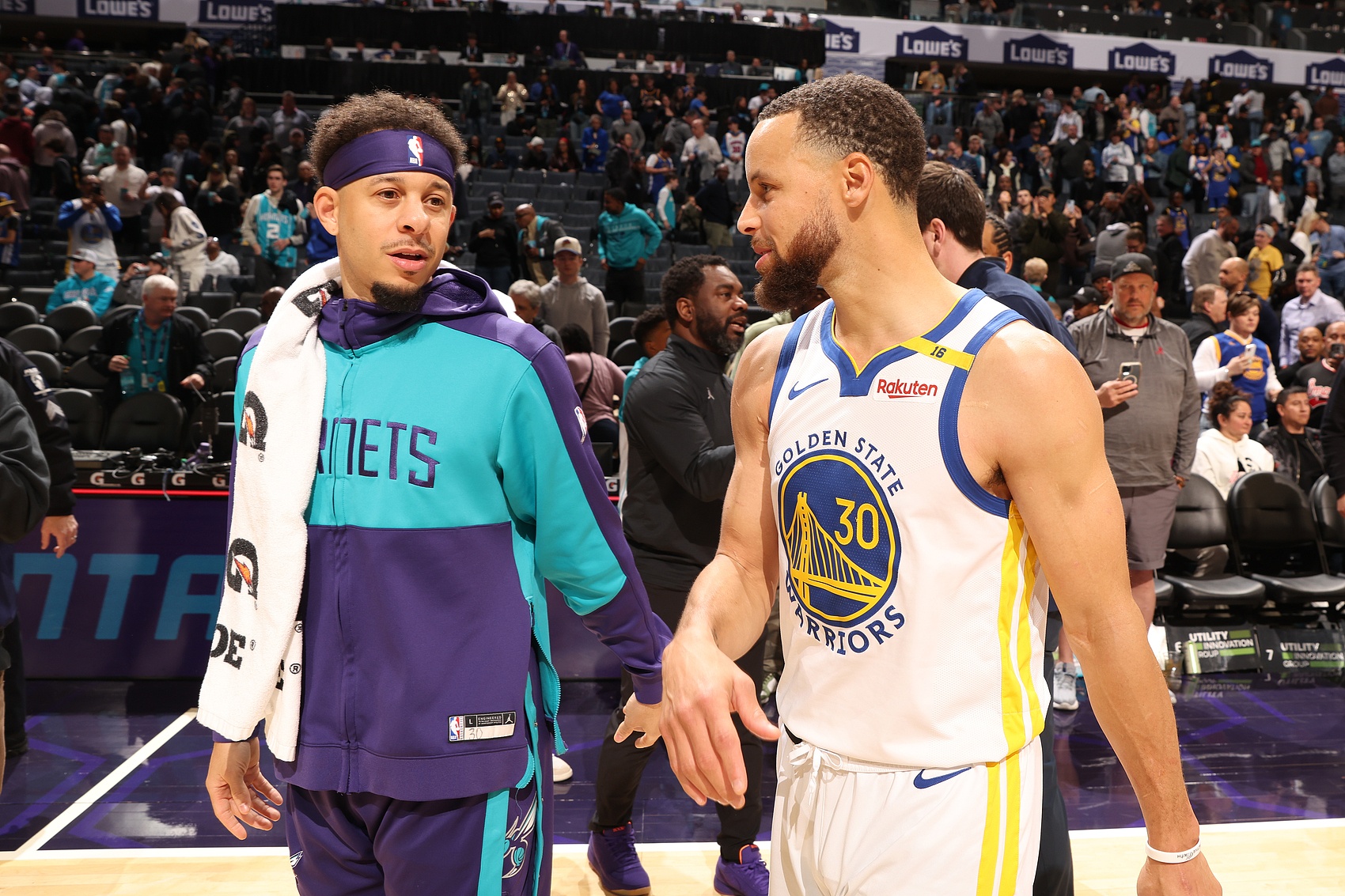
Essentially, the Warriors will equip their rotation with experienced and skilled plug-and-play players: Horford is the center who pulls the inside and creates offensive space for his teammates, Melton and Payton are the ball defenders and tanders, while Richard is also adapting to similar roles in the NBA, and Seth Curry is a sharpshooter.
And all of this is up to Kumingga to make the final choice between compromising and accepting qualification quotes.
Author: Sam Gordon
Translator: GWayNe


